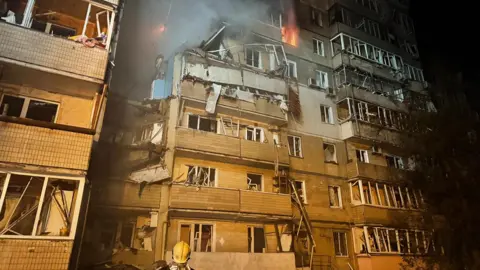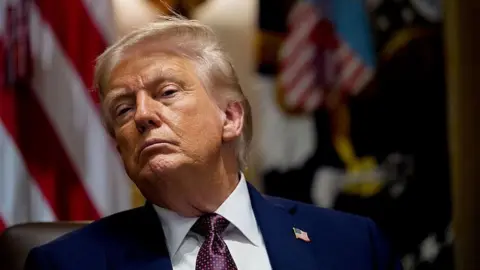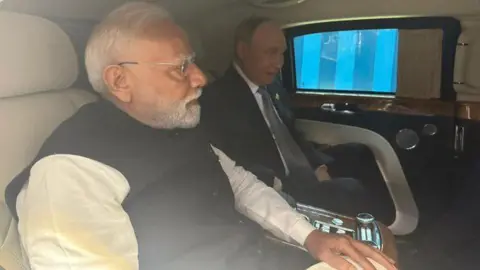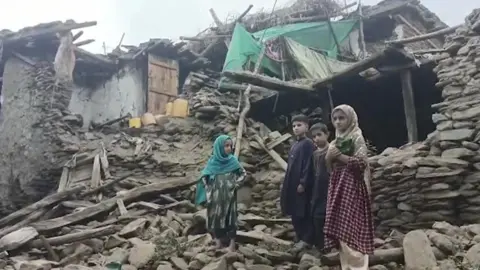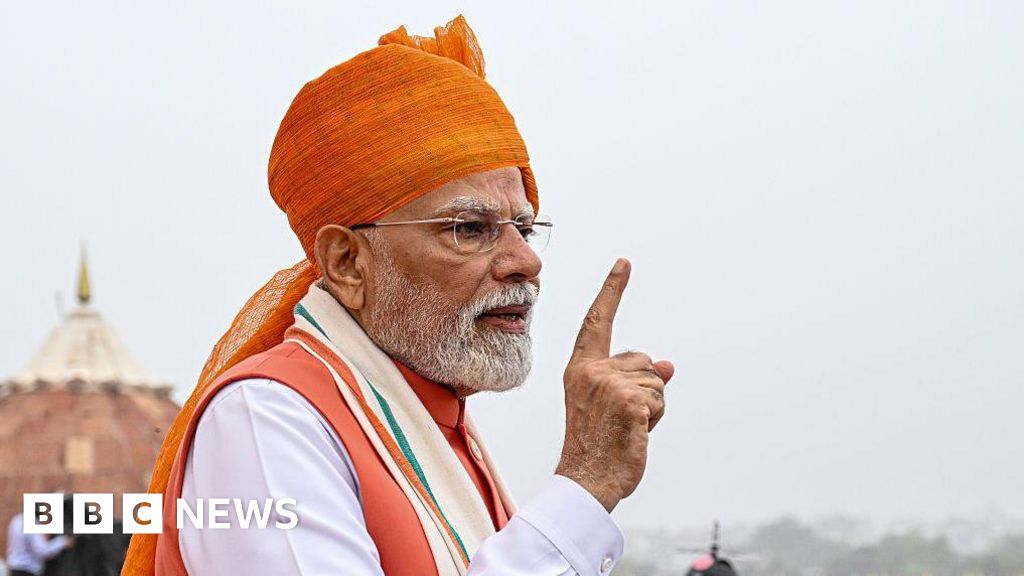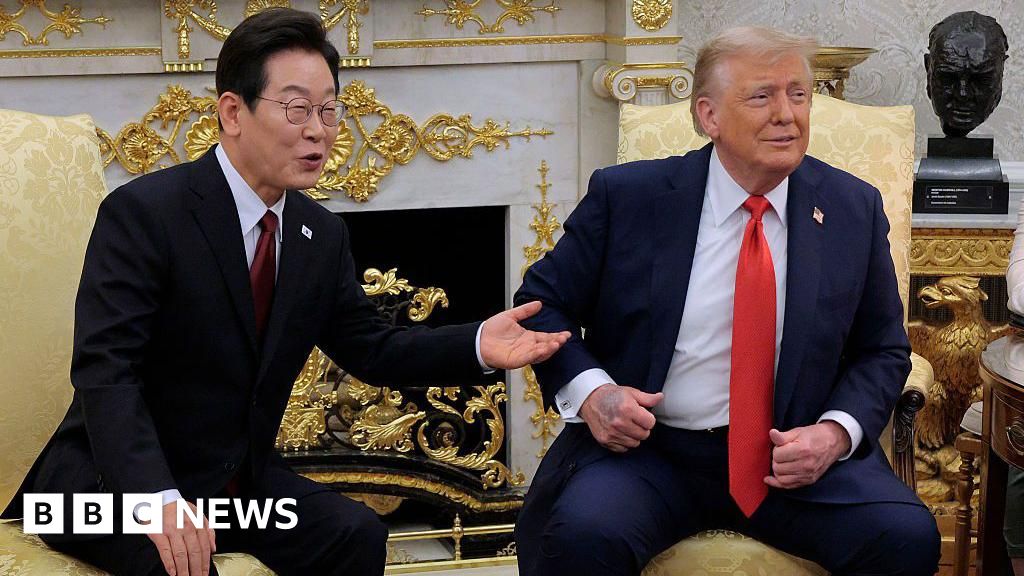On July 9, 2025, President Trump will host leaders from Gabon, Guinea-Bissau, Liberia, Mauritania, and Senegal for a high-profile lunch in the State Dining Room, where the primary agenda will be to explore commercial investment opportunities. A White House official disclosed that Trump sees great potential for collaboration, directly aligning with the administration’s broader objective of augmenting U.S. ties in the region amidst a backdrop of diminishing foreign aid.
While the administration has emphasized the importance of business partnerships, critics are raising concerns about the implications of recent cuts to humanitarian aid. According to the Center for Global Development, U.S. aid constituted a significant 2.6 percent of Liberia’s gross national income, potentially impacting its development prospects severely. As the president seeks to bolster relations economically, he is reportedly contemplating expanding a travel ban to four of the five countries represented at the meeting, an approach that has drawn bipartisan criticism.
This discussion follows a recent peace agreement signed by Trump with diplomats from Rwanda and the Democratic Republic of Congo aimed at stabilizing eastern Congo. During that event, Trump highlighted the economic aspects, suggesting future American investments in extracting critical minerals from the region. Ambassador Troy D. Fitrell underscored that the administration's ambition is centered on commercial diplomacy, having facilitated over 70 commercial deals in infrastructure, clean energy, and technology across Africa since Trump took office for his second term.
As Trump continues to explore economic ties with Africa, the juxtaposition of investment with humanitarian aid concerns presents a complex narrative that will likely shape U.S.-Africa relations in the years to come.
While the administration has emphasized the importance of business partnerships, critics are raising concerns about the implications of recent cuts to humanitarian aid. According to the Center for Global Development, U.S. aid constituted a significant 2.6 percent of Liberia’s gross national income, potentially impacting its development prospects severely. As the president seeks to bolster relations economically, he is reportedly contemplating expanding a travel ban to four of the five countries represented at the meeting, an approach that has drawn bipartisan criticism.
This discussion follows a recent peace agreement signed by Trump with diplomats from Rwanda and the Democratic Republic of Congo aimed at stabilizing eastern Congo. During that event, Trump highlighted the economic aspects, suggesting future American investments in extracting critical minerals from the region. Ambassador Troy D. Fitrell underscored that the administration's ambition is centered on commercial diplomacy, having facilitated over 70 commercial deals in infrastructure, clean energy, and technology across Africa since Trump took office for his second term.
As Trump continues to explore economic ties with Africa, the juxtaposition of investment with humanitarian aid concerns presents a complex narrative that will likely shape U.S.-Africa relations in the years to come.







